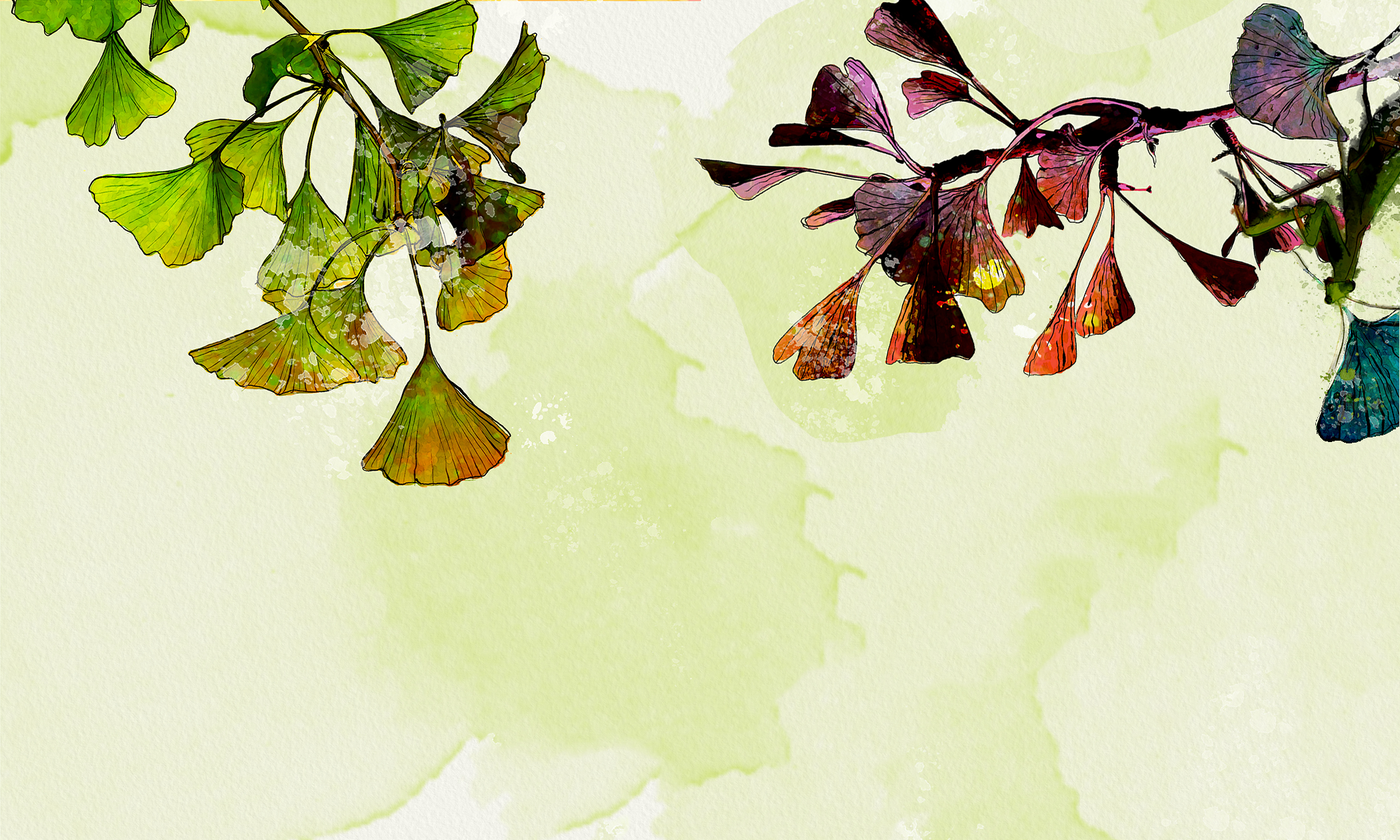
Mantis 20 (Spring 2022)
Louis Zukofsky
“Mantis”
Mantis! praying mantis! since your wings’ leaves
And your terrified eyes, pins, bright, black and poor
Beg—“look, take it up” (thoughts’ torsion) ! “save it!”
I who can’t bear to look, cannot touch,—You—
You can—but no one sees you steadying lost
In the cars’ drafts on the lit subway stone.
Praying mantis, what wind-up brought you, stone
On which you sometimes prop, prey among leaves
(Is it love’s food your raised stomach prays?), lost
Here, stone holds only seats on which the poor
Ride, who rising from the news may trample you—
The shops’ crowds a jam with no flies in it.
Even the newsboy who now sees knows it
No use, papers make money, makes stone, stone,
Banks, “it is harmless, ” he says moving on—You?
Where will he put you? There are no safe leaves
To put you back in here, here’s news! too poor
Like all the separate poor to save the lost.
Don’t light on my chest, mantis! do—you’re lost,
Let the poor laugh at my fright, then see it:
My shame and theirs, you whom old Europe’s poor
Call spectre, strawberry, by turns; a stone—
You point—they say—you lead lost children—leaves
Close in the paths men leave, saved, safe with you.
Killed by thorns (once men), who now will save you
Mantis? what male love bring a fly, be lost
Within your mouth, prophetess, harmless to leaves
And hands, faked flower,—the myth is: dead, bones, it
Was assembled, apes wing in wind: On stone,
Mantis, you will die, touch, beg, of the poor.
Android, loving beggar, dive to the poor
As your love would even without head to you,
Graze like machined wheels, green, from off this stone
And preying on each terrified chest, lost
Say, I am old as the globe, the moon, it
Is my old shoe, yours, be free as the leaves.
Fly, mantis, on the poor, arise like leaves
The armies of the poor, strength: stone on stone
And build the new world in your eyes, Save it!
October 27, 1934
LOUIS ZUKOFSKY (1904-1978), a younger friend of Ezra Pound and Williams Carlos Williams, instigator and editor of the so-called “Objectivists” poets in the early 1930s. His major works include a long poem, “A” (1978), an eccentric work of criticism and poetics, Bottom: on Shakespeare (1964), a provocative homophonic translation, Catullus (1969), and a late poetic sequence, 80 Flowers (1978).
All Louis Zukofsky materials copyright © Musical Observations, Inc. Used by permission.
